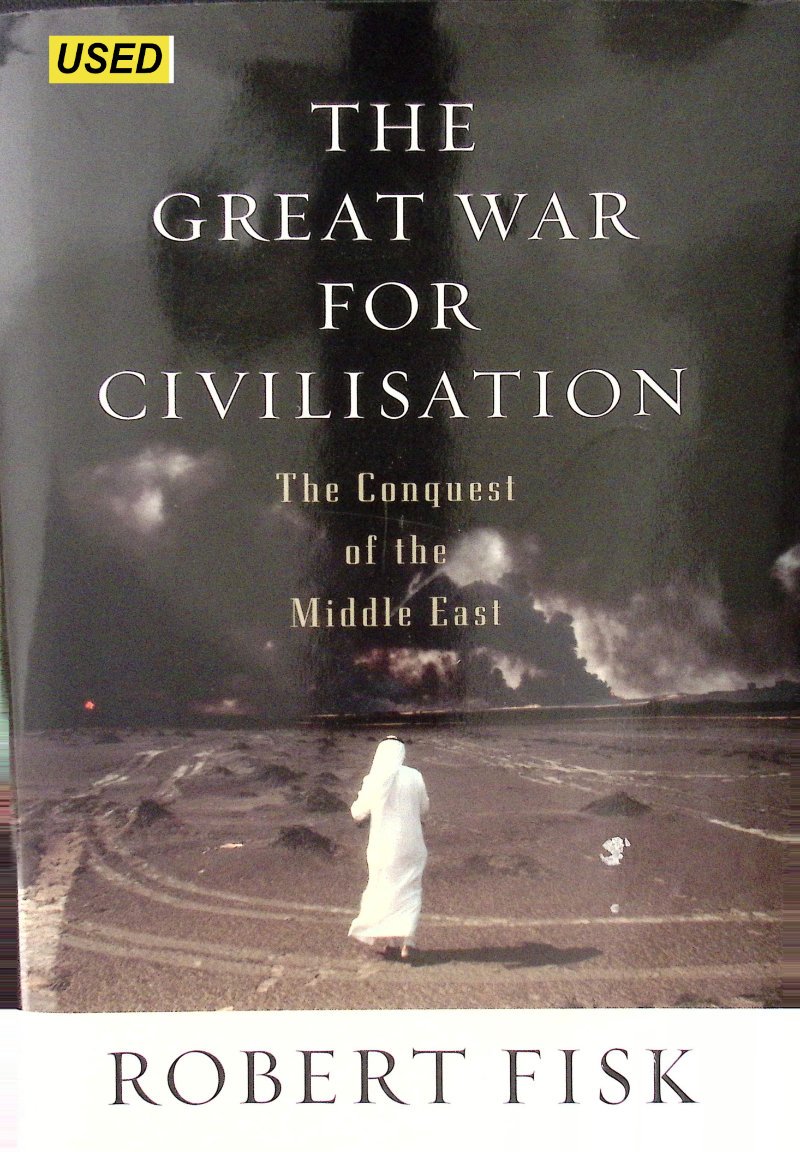By Ruth Harris
FROM THE INTRODUCTION : “In 1902, a hairdresser's assistant, Adrien Virgile Legrand, was sentenced in the Parisian Cour d'assises to hard labour for life for slitting his six-year-old son's throat. On the surface the case appeared simple enough, as Legrand freely admitted the deed and received the harsh punishment prescribed. However, during the trial, he asserted that he had acted under the influence of a 'delirious crisis', a defence which seriously complicated the proceedings. As in many other murder trials in this period, the issue became not whether he was the author of the crime but rather if he could be punished for it. To determine his responsibility, the court sought to evaluate Legrand's defence by probing into his motivations, character, and past history…”
Oxford. Clarendon. 1989. 385p.





















